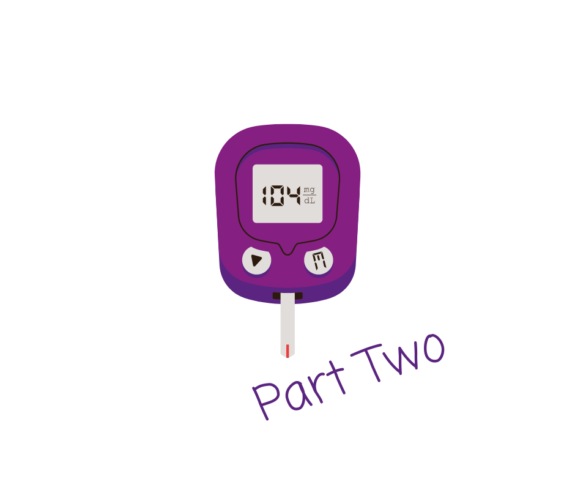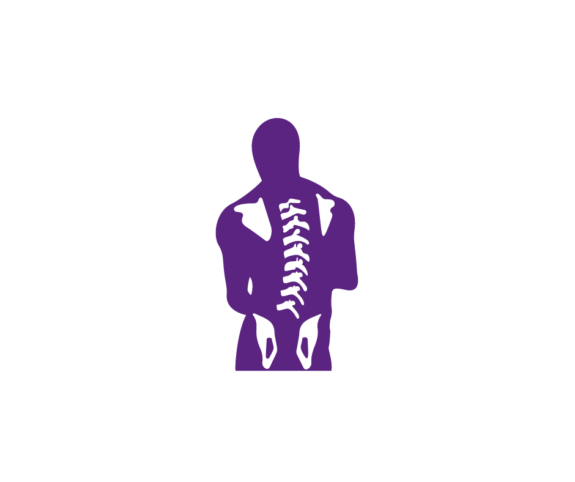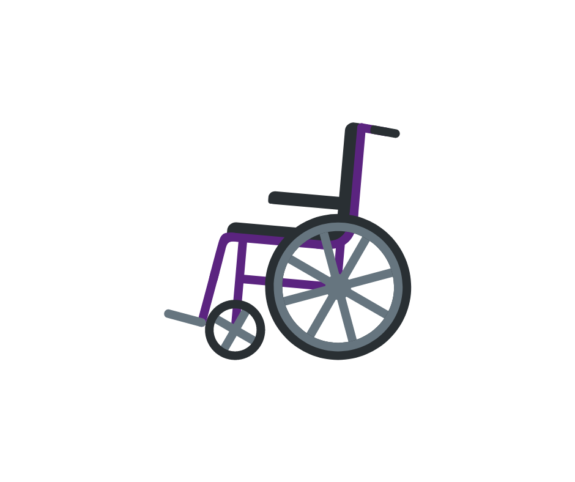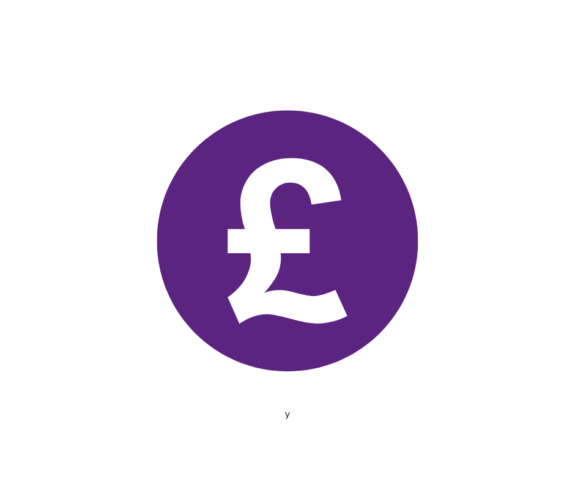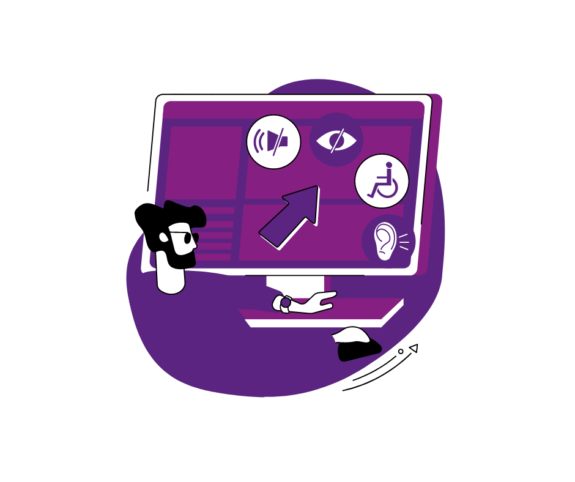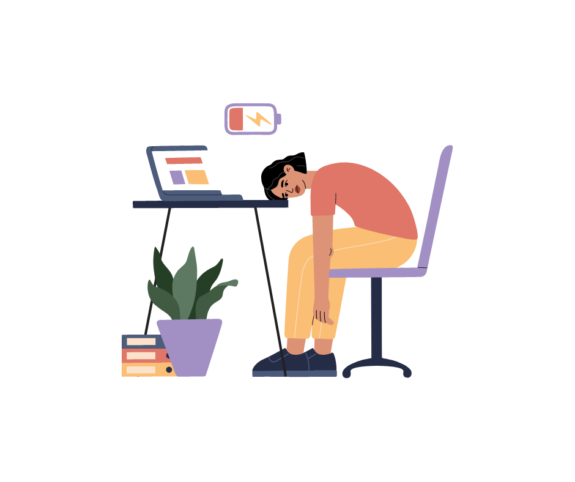There are so many factors to think of from financing, time management and all of the practicalities and little things that come with running a business, and all of these need to be managed around a health condition.
There are pros and cons to being self-employed, with the pros being greater flexibility and control over your own time and potentially, the opportunity to do something that you’re really passionate about. But with that, come less security. There’s no holiday pay or sick pay, all successes and failures are on you.
However, for many disabled people, running their own business is the best option for them, so we’ve put together some top tips to help you get the ball rolling!
Know your motivation
The first question is why do you want to start a business? What’s your motivation? For people with health conditions one of the biggest motivations is flexibility over their time. Many feel like they are unable to stick to a rigid schedule when in employment or worry about being absent a lot. Being self-employed takes those worries away. Once you know your motivation, you’ll have a better idea of how to move forward.
Know your product
What product or service are you selling? Is there a market for it? Is there anyone else offering what you do and if so, how will yours be different? The point of a product is to solve a problem or fill a need, so what problem are you trying to solve? Make sure you do your research.
Look at your finances
Money is probably one of the biggest reasons why people put off starting their own business. It rules the world and can make or break a successful business, so knowing what your financials look like is essential.
An important thing to know is whether this business is going to be something you do in addition to your primary employment or if you’re planning for it to be your main source of income. If it’s the latter, do you have the funding in place or are you able to acquire it? Depending on what product you offer, your initial start-up costs could be quite low or they could be much higher. Most new businesses either operate at a loss or break even in their first year, so be prepared for that.
Fortunately, there are a few options in place for people looking for funding to start a new business:
Gov.UK – https://www.gov.uk/apply-start-up-loan
The government website offers start-up loans to new businesses of between £500 and £25,000. This is a personal loan, so it does have its advantages and disadvantages.
North East Growth Hub – https://www.northeastgrowthhub.co.uk/finance-and-funding/
If you’re in the North East, the North East Growth Hub has details of many different funding opportunities available to new businesses. If you’re not in the North East, click here (https://www.lepnetwork.net/local-growth-hub-contacts/) to find the growth hub in your region.
The Stelios Awards – https://www.leonardcheshire.org/get-support/working/stelios-awards-disabled-entrepreneurs
The Stelios awards offer funding for Disabled Entrepreneurs.
The Prince’s Trust – https://www.princes-trust.org.uk/help-for-young-people/support-starting-business/business-finance
The Prince’s Trust offers funding and support for young people aged between 18-30. They can help with many things ranging from finance and budgeting to business plans and mentoring.
Access to Work – https://www.gov.uk/access-to-work
Access to Work is available for people with disabilities, health conditions and anyone who would otherwise face a barrier into work. It can provide grants for a support worker (or workers), money for equipment you need and things like taxi fares, interpreters and note-takers. While not necessarily a startup grant, it can make all the difference once your business is up and running.
Disability Grants – https://www.disability-grants.org/grants-uk.html
Disability Grants allows you to search by region to find out what grants are available for disabled people in your area and it doesn’t just apply to business.
Develop your business plan
Many of these funding opportunities will ask that you have a business plan in place and even if you’re not looking for funding, it’s still an important thing to have. It will help you work out exactly what you want to achieve and really make you think about what you need to do to move forward.
There are many free business plan templates online:
https://www.princes-trust.org.uk/help-for-young-people/tools-resources/business-tools/business-plans
https://connecteam.com/templates/business-plan/
https://www.startupdonut.co.uk/business-planning/write-a-business-plan/business-plan-template
Get some support
If you’ve read all of this and still aren’t sure where to start, that’s ok! There’s a lot of information and it can be really confusing when you you’re not sure what you’re doing. There are many organisations that will help you apply for funding, write your business plan and offer support throughout the whole process.
North East Growth Hub – https://www.northeastgrowthhub.co.uk/business-support/
The North East Growth Hub has a huge directory of local businesses who offer support. You can take a good look and work out which one you think is best for you or you can always contact them directly for some extra advice.
FSB – https://www.fsb.org.uk/knowledge/fsb-infohub/business-without-barriers.html
The Federation of Small Businesses have a great range of support within their #BusinessWithoutBarriers Campaign. They offer help and advice on starting your own business with a disability and support to employers who want to be more inclusive but perhaps don’t know where to start.
The ADP – https://adp.org.uk/running-your-own-business/
The Association of Disabled Professionals offer advice, information and support to anyone looking to start a business who has a disability or health condition. They offer support at any stage whether the business is a startup or much more developed.
The Accessful Foundation – https://www.accessfulfoundation.org.uk/
The Accessful Foundation offers networking, mentoring, grants and information and advice to anyone who has a disability or health condition. They believe that ‘becoming an entrepreneur should be accessible for everyone’ and are committed to making that happen.
MentorsMe – https://www.mentorsme.co.uk/
MentorsMe connects mentors with people looking for business help and advice, both locally and nationally.
Startup Donut – https://www.startupdonut.co.uk/
Startup Donut has all the information you could possibly need when starting a new business. With information about funding, business planning, tax and so much more, there’s an answer to pretty much any question you’ve ever had about business!
Starting a business can be scary, but it doesn’t have to be. There are oodles of help and support out there, all you have to do is ask!
References:
https://www.scope.org.uk/advice-and-support/start-up-a-business/
https://connecteam.com/how-to-start-small-business/
https://enterprisemadesimple.co.uk/
https://startups.co.uk/guides/how-to-start-a-business-what-you-need-to-know/
https://www.disabledentrepreneurs.co.uk/uk-grants-and-business-funding

